Admittedly, I didn’t take many science classes in school and I didn’t stay at a Holiday Inn Express to become a scientist or doctor overnight (for those who have seen the commercials). And even though I started to make up for this deficiency by serving as the chief operating officer of a biotech company, science’s anatomic definition of gut as the stomach or belly is not the most relevant definition of gut, especially in the context of how we actually use our gut in business and every day life.
At the same time, the dictionary wants us to believe that gut is “used in reference to a feeling or reaction based on an instinctive emotional response rather than considered thought.” Nothing could be farther from the truth and it is about time that your gut gets the respect and credit it deserves. This definition has the negative effect of devaluing our gut, thereby negatively influencing our willingness to confidently trust and act upon it in decision making.
Contrarily, gut is actually “considered thought” that is expressed quickly and only perceived to be “instinctive” and “emotional.” To offer a modified defintion:
Gut is the application of one’s experience, knowledge, skills and talents to a real-time situation
Here’s a simple example. Let’s say that a gentleman who owns a store in the middle of the city’s tourist district is standing in front of his store one summer afternoon. All of a sudden, he looks upward and sees thick dark clouds in the sky and bolts of lightning, followed seconds later by the sound of thunder. He immediately runs to the back of the store, grabs his display of umbrellas and moves the umbrellas and the sign to the front of the store so they are visible to passersby. Within moments, it starts to rain and within an hour, he has sold his entire inventory of umbrellas.
“All perceiving is also thinking, all reasoning is also intuition, all observation is also invention”
– Rudolf Arnheim, German-born writer (1904-2007)
If you asked the shop owner why he moved the umbrellas, he just might tell you it was his “gut” or “instinct.” The reality is that what he really meant was that he “made a good business decision by quickly acted upon his experience, knowledge, skills and talents in the situation.” As I said, this is a simple example because our own experience and knowledge tell us that lightning plus dark clouds and thunder equals a high probability of rain for which umbrellas would be needed by tourists.
Yet this simple example can be extrapolated and we can see how our gut can also be leveraged in more complex situations. Take the story of when the first Walkman was shown to Akio Morito, co-founder of Sony. He dropped it in a bucket of water and as the bubbles of air leaked out he said, “There are the spaces. Make it smaller.” Morito’s gut told him that it could be made smaller, and he took quick action and made a decison based upon his experience, knowledge, skills and talents.
When acting upon our gut, it is important to apply the maxim, “trust, but validate.” To the extent you can continue to scan for additional facts and circumstances as they unfold, these additional data points should be used to strengthen or weaken your gut.
Likewise, It is important to balance our gut against the actual facts presented in a given situation. In other words, our past experiences can and should be used to influence our decision making but we must be careful not to apply the past experience verbatim to the current situation. Unfortunately, business decisions are sometimes made because leaders recognize a current situation based upon a past experience, but don’t take the time to realize that there are factors or circumstances that mean that the decisions and actions from the past experience cannot be applied at face value to the current situation. Be sure to take (at least) a split second before acting upon your gut to ask the question, “what might be different about the current situation such that taking the same action based upon my experience won’t lead to the same, expected outcome?”
And remember that one person’s gut does not necessarily contain all of the information necessary to make a decision. Listening to others and asking questions allows us so to make better and more informed decisions. As the Greek philosopher, Epictetus, said, “We have two ears and one mouth so that we can listen twice as much as we speak.” (See an earlier article entitled The Right People and The 80/20 Rule for an overview on making sure we are seeking input from the “right” people.)
And lastly, something that is all too rare in business, don’t be afraid to say, “I was wrong.” The sooner one can admit to a bad decision, the sooner the situation can be rectified and the business can be put back on track.
Our gut is one of the most important and valuable things we have and use every day for decision making in business and other aspects of our lives. May we all continue to leverage our experience, knowledge, skills and talents so as to “trust our guts” to make smart decisions – in business and in life – with confidence.



